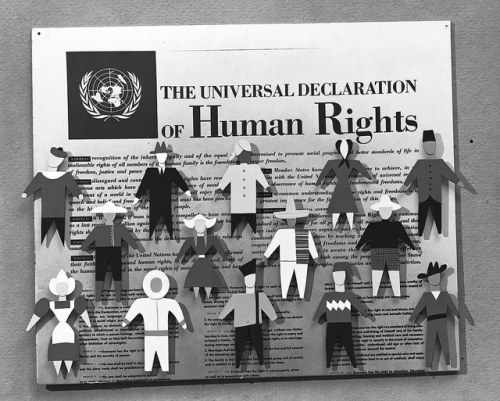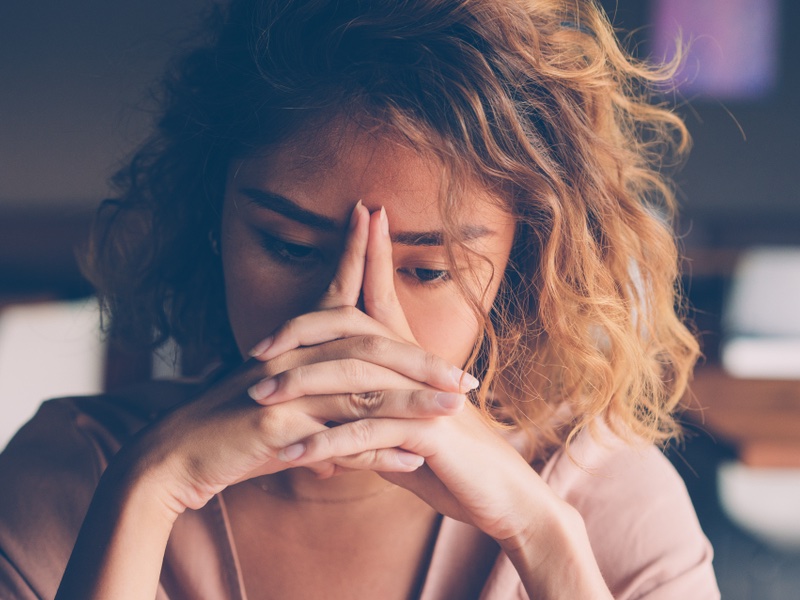The Human Rights Act is a UK law passed in 1998.
It lets you defend your rights in UK courts and compels public organisations (including the Government, police and local councils) to treat everyone equally, with fairness, dignity and respect.
The Act can be used by every person resident in the UK regardless of whether or not they are a British citizen or a foreign national, a child or an adult, a prisoner or a member of the public.
The Act was written into law after the Labour Party pledged in its 1997 manifesto to incorporate the European Convention into domestic law.
After the party won a landslide victory in the election, Labour fulfilled its pledge through Parliamentary passage of the Human Rights Act the following year.
What rights does the Human Rights Act protect?
- The right to life: protects your life, by law. The State is required to investigate suspicious deaths and deaths in custody.
- The prohibition of torture and inhuman treatment: you should never be tortured or treated in an inhuman or degrading way, no matter what the situation.
- Protection against slavery and forced labour: you should not be treated like a slave or subjected to forced labour.
- The right to liberty and freedom: you have the right to be free and the State can only imprison you with very good reason – for example, if you are convicted of a crime.
- The right to a fair trial and no punishment without law: you are innocent until proven guilty. If accused of a crime, you have the right to hear the evidence against you in a court of law.
- Respect for privacy and family life and the right to marry: protects against unnecessary surveillance or intrusion into your life. You have the right to marry and enjoy family relationships.
- Freedom of thought, religion and belief: you can believe what you like and practise your religion or beliefs.
- Free speech and peaceful protest: you have a right to speak freely and join with others peacefully, to express your views.
- No discrimination: everyone’s rights are equal. You should not be treated unfairly – because, for example, of your gender, race, disability, sexuality, religion or age.
- Protection of property: protects against state interference with your possessions.
- The right to an education: means that no child can be denied an education.
- The right to free elections: elections must be free and fair.
Notable cases
There have been a number of high profile and notable cases in human rights history.
In 2001, convicted murderers Jon Venables and Robert Thompson won the right for their new identities to remain a secret, after four newspapers sought to publish their whereabouts.
In 2002, model Naomi Campbell successfully won a legal case for her right to privacy, after being photographed leaving a rehab clinic.
In 2008, Max Mosley challenged an invasion of his private life after the News of the World exposed his involvement in a sadomasochistic sex act. The case resulted in Mr Mosley being awarded £60,000 in damages.









